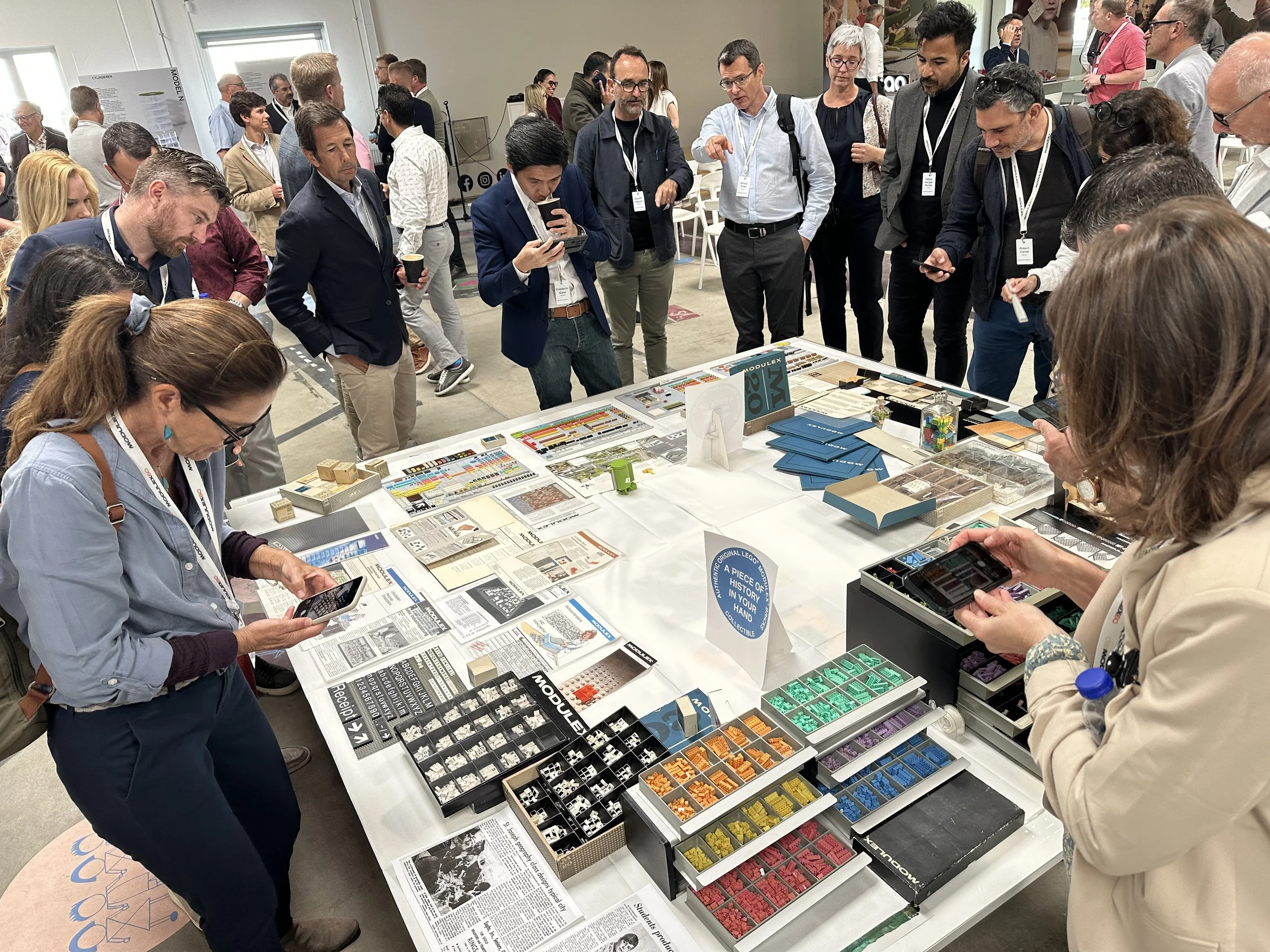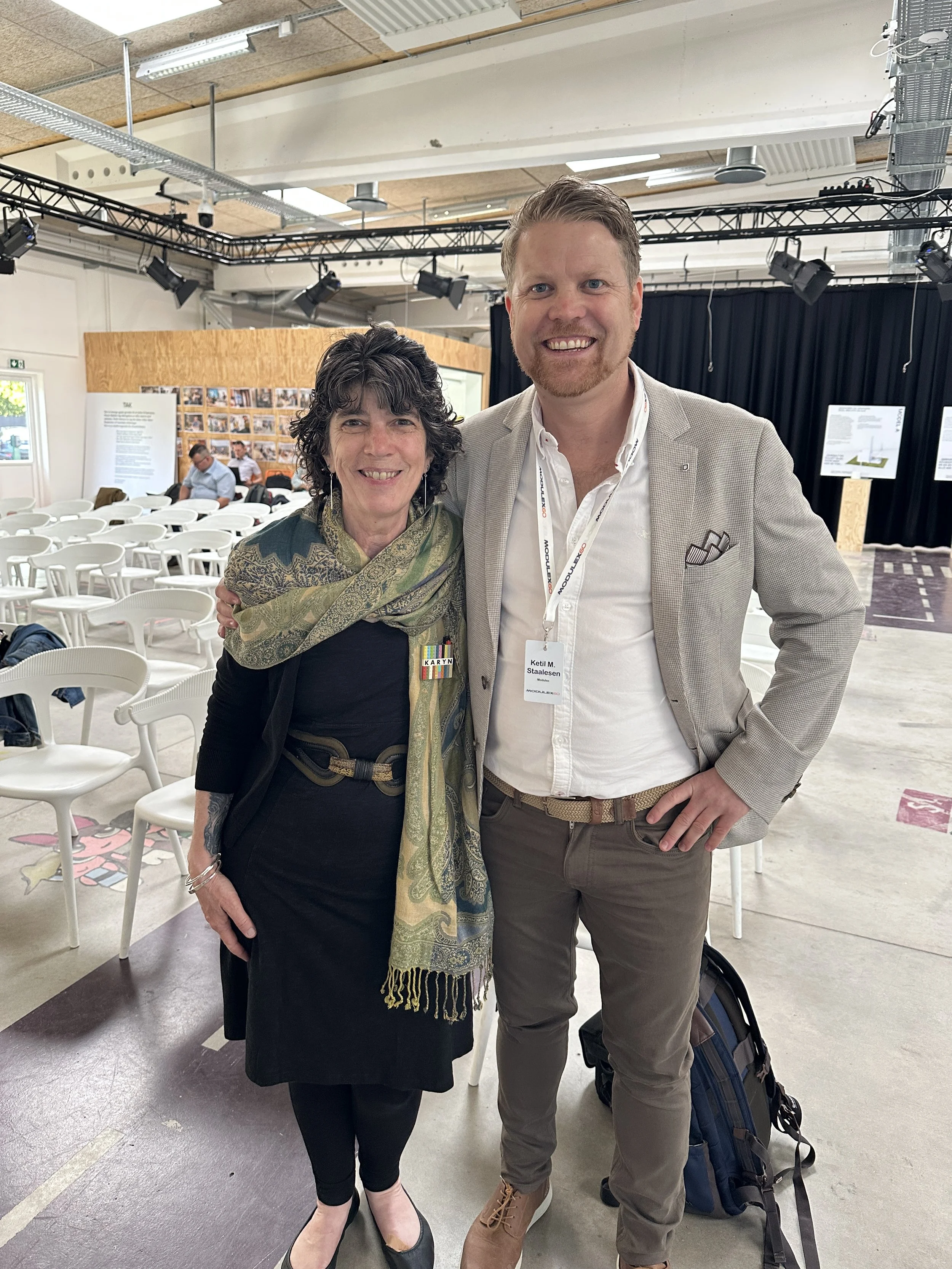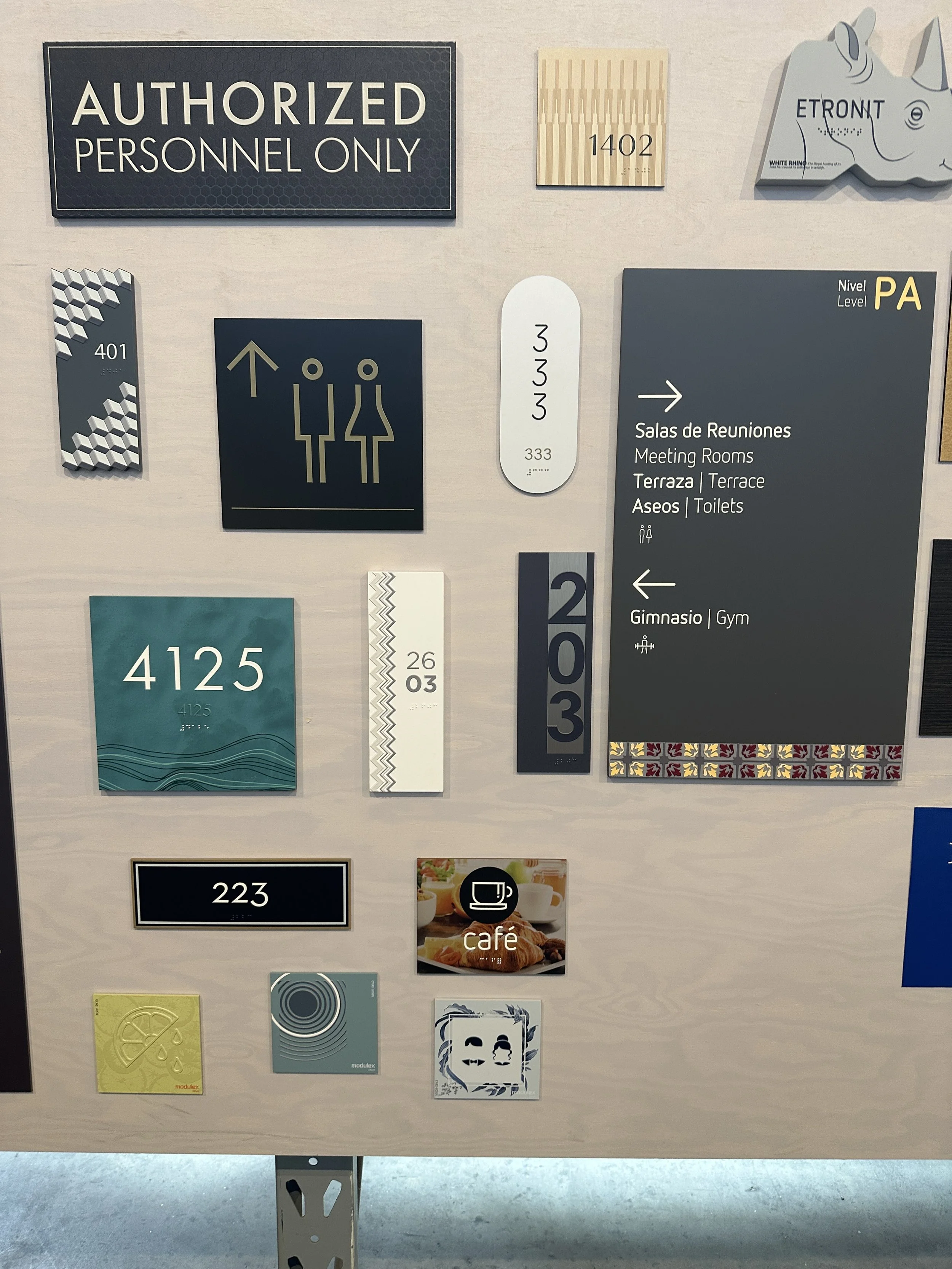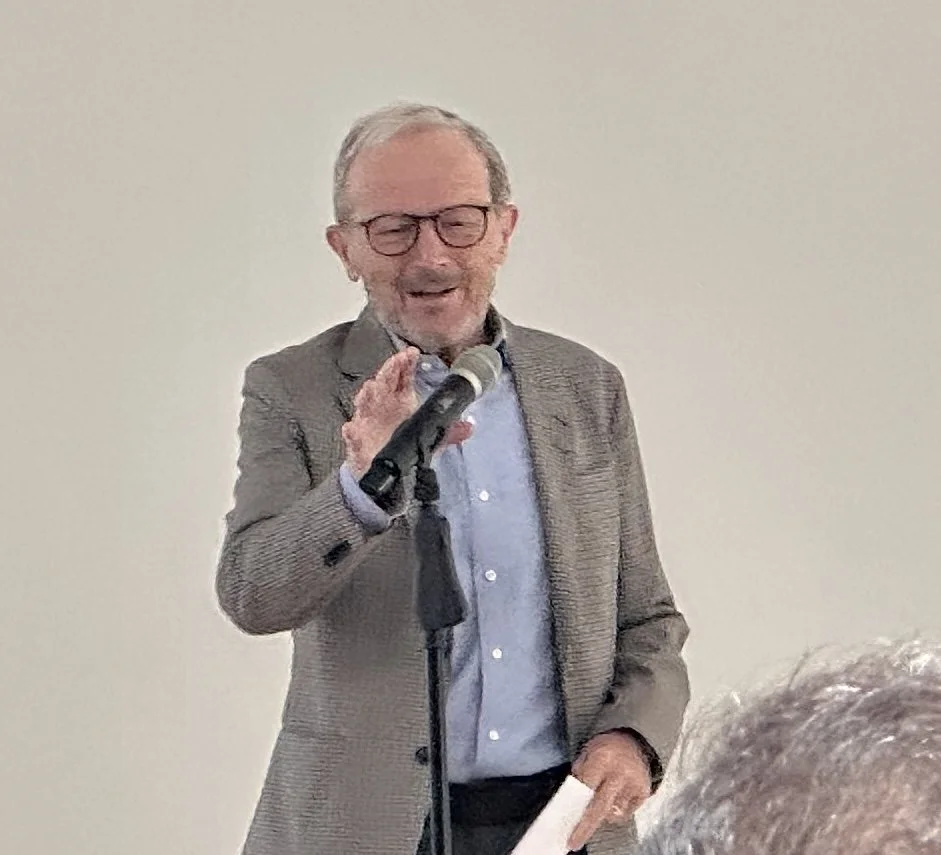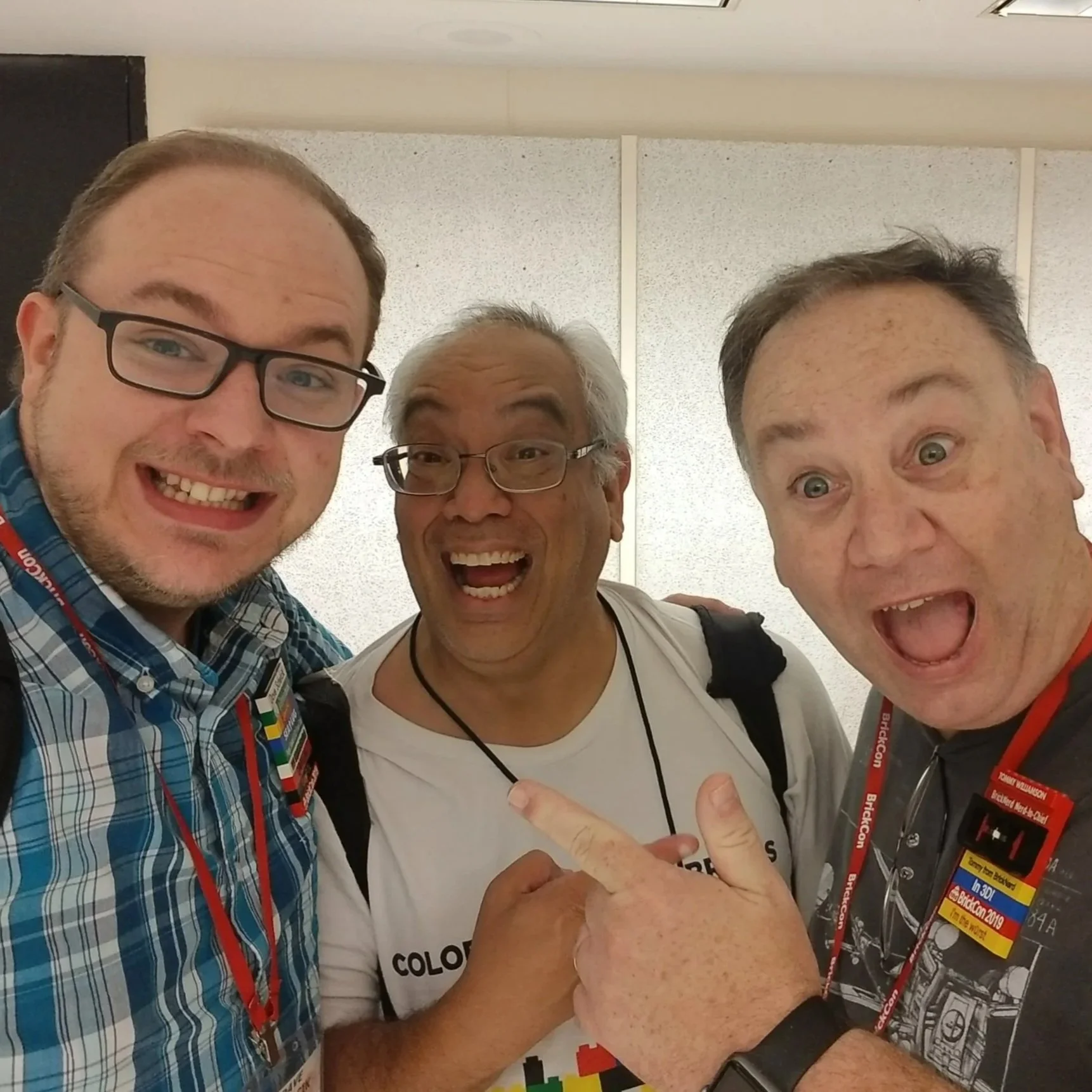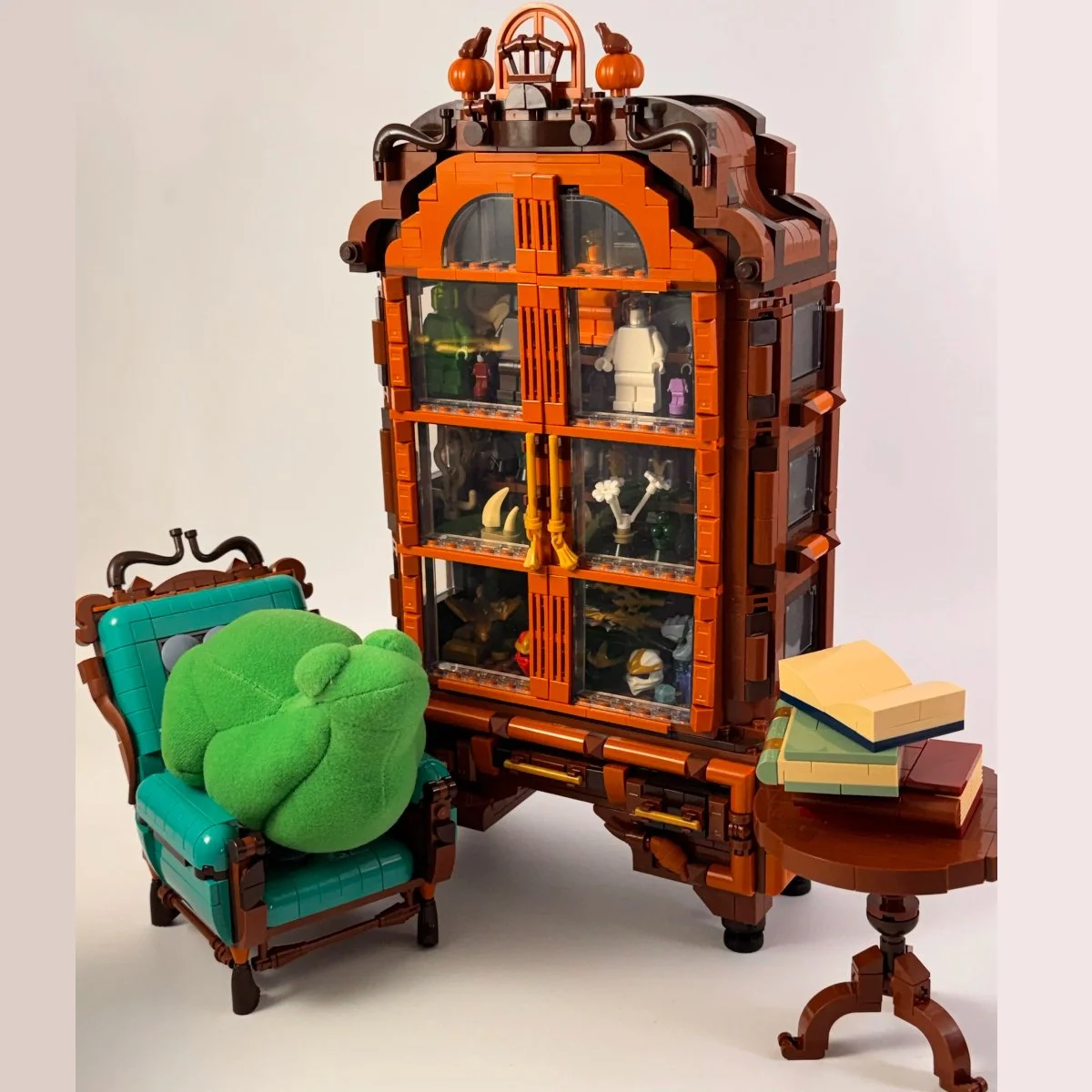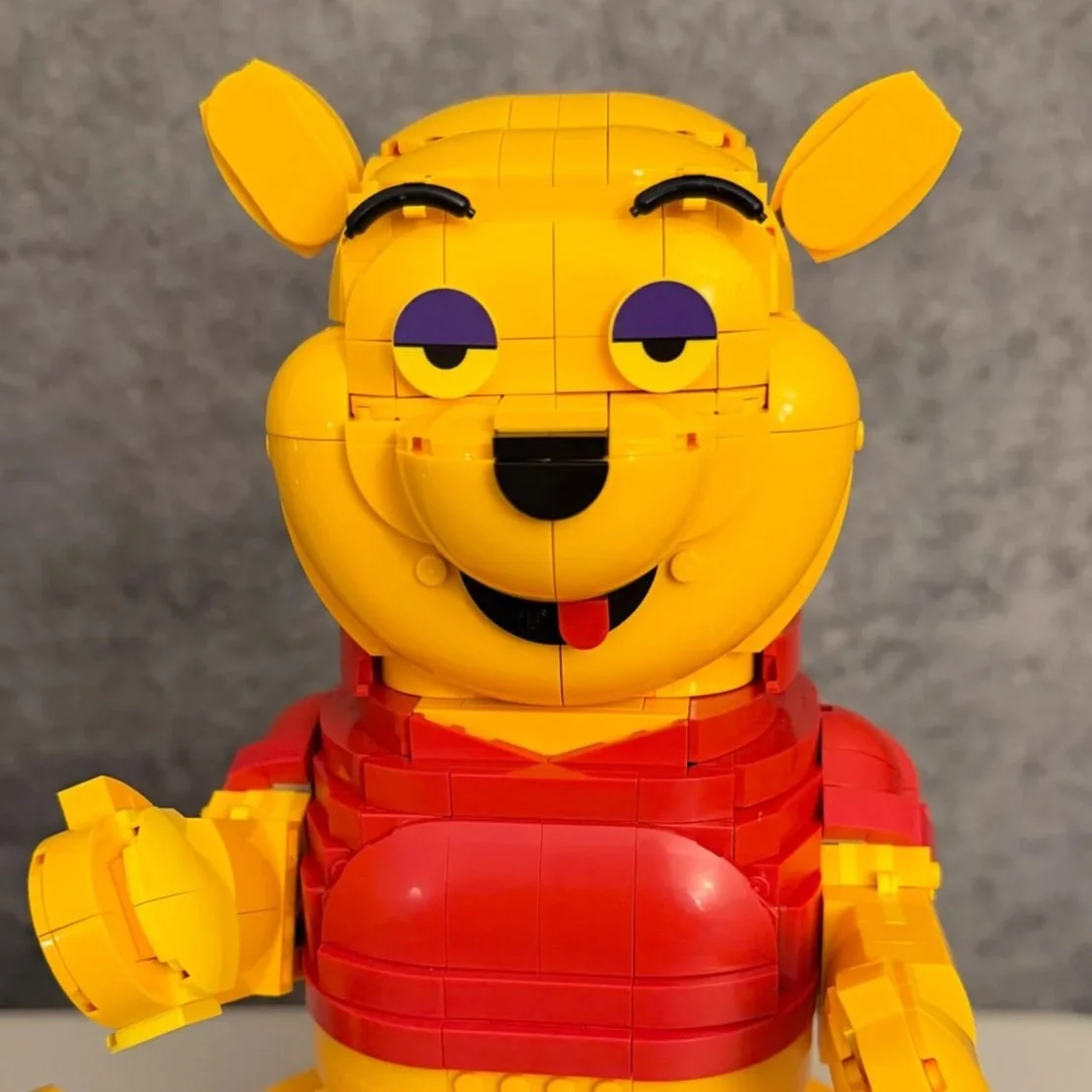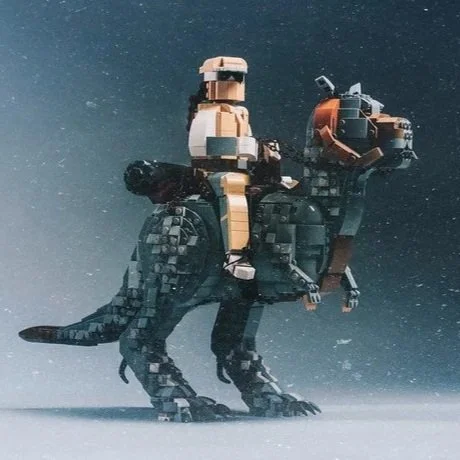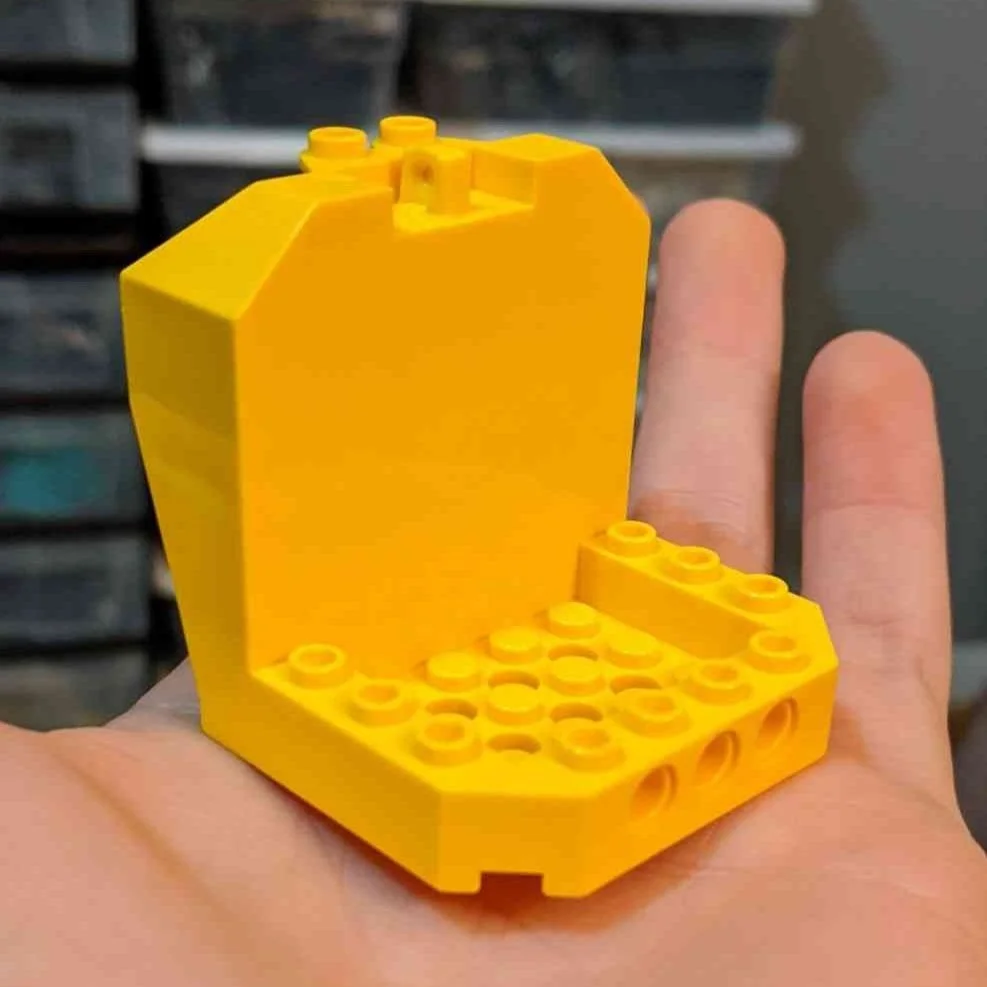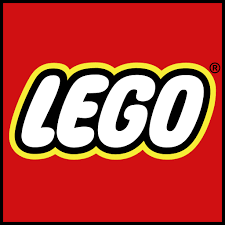Celebrating the Past, Present and Future of Modulex
/BrickNerd Patron and guest contributor Karyn Murphy talks about the history of LEGO’s architectural sibling, Modulex, and shares her experience going to their 60th-anniversary event in Billund, Denmark.
M For Modulex
Sixty years ago while he was the managing director of The LEGO Group, Godtfred Kirk Christiansen came up with a new idea. He thought the LEGO bricks currently in production could be used by adults (specifically architects) to communicate and visualize building projects. However the existing bricks did not have the right proportions for building projects, so he decided there might be a market for a new product. And, the Modulex company was born.
From the MODULEX manual showing the size of bricks.
The new size bricks were scaled to represent building materials. A 1 x 1 is a perfect cube: 5 mm x 5 mm x 5mm with a stud on top. A 2 x 4 is thus 5 mm in height, 10 mm wide, and 20 mm long—representing a 1:20 building block. Initially, the studs had “LEGO” on them, but within a few years, the moulds were switched to “M” for Modulex. This was to differentiate the toy LEGO brick from the professional tool Modulex brick.
Today, Modulex is a global company in the signage and wayfinding market. The story of how they went from producing tiny bricks to world-class signage is a tale of perseverance and innovation. But first let me set the scene for you.
Celebrating 60 Years
This past summer, Modulex A/S celebrated it’s 60th anniversary with a two day event in Billund. I was incredibly honored to be invited as a representative of the early history. Many of the newer employees knew of the origins, but had never seen many of the original bricks and elements. (Many of you BrickNerd readers may have seen my Modulex display or attended my workshop at Brickworld Chicago.)
Part of my Modulex archive display at the Billund celebration.
So I packed 150 lbs of luggage with samples of early bricks, elements, marketing materials, boxes, display cases, and more. I was able to create a small exhibit that illustrated the timeline of different uses for the bricks and how that led to the current product of signage. That heritage is a case-study in responding to market needs and making decisions that create a thriving company.
Karyn and Ketil Staalesen, CEO and President of MOdulex Group.
The most remarkable thing for me during my visit was the relationship between the leadership and everyone who worked at the various Modulex branches and sites across the world. I spent time with many people over meals, at the event, during tours of the factory, and in workshops. They truly do treat one another as family and as a team, they value and respect everyone’s contribution. It was not just a mission statement, it was how they actually worked together. I felt like I had a good knowledge of the early history and the Modulex product, but what I was missing—and now experienced— was the company culture.
Seeing the Signs
Modulex signage samples.
So, how exactly did they go from bricks to signage? Here’s a quick summary. The 1963 products included bricks and architectural elements (roof slopes, profile bricks, doors, windows) intended for three-dimensional representation of construction. But it was not very successful.
So, the idea to use the bricks for planning boards was suggested and implemented. From factory layouts on a table board to wall-hung scheduling boards, many designs were available for use. Several earned Danish design awards.
Eventually, the planning systems focused on tiles printed with various designs and characters. They won an award for implementing Arabic characters into their products. The modular signs became the focus. From there, the development of other forms of signage became the next iteration of the company. And they haven’t stopped innovating.
Marking the Occasion
During the anniversary celebration, we had a very special guest. Kjeld Kirk Kristiansen, former President and CEO of The LEGO Group, and son of the Modulex founder, came and shared these thoughts:
Kjeld Kirk Kristiansen, former President and CEO of The LEGO Group.
“First of all, I would like to say ‘Thank you’ for inviting me to this great celebration of 60 years of Modulex. I, of course, have a lot of memories of Modulex throughout the years, and I’ll dwell a little on the history if you don’t mind because it is, for me, quite a fascinating story.
“My father (Godtfred Kirk Christianson) was always on to new ideas and new visions, and he thought, ‘OK, now we are having a certain success with the LEGO bricks but that’s for children! Why not find something for adults so that we can REALLY grow the company because that must be a much bigger market!’ So, he thought of Modulex in 1963 with modular bricks, 5mm high, 1 cm broad, and 2 cm long. And he thought this was ingenious and this would really be changing the world. And he built an entire organization and he built a big building for this new company.
“Actually, it didn’t really succeed that much. It didn’t go very well, on the contrary. One of the employees came to my father and said, ‘I don’t think it works with the architects and the building of houses and so on for families. I think an area where Modulex would develop would be planning boards.’ OK, my father thought it might be a good idea and actually at a smaller scale, of course, but it was quite successful with the planning boards. And also, at a later point in time, signage, but to begin with, it was just plates with bricks on top to put the text on and it was mainly for inside buildings. But it was quite useful. I think I can still see in some old buildings in Denmark that they have the original modular signs.
“Signage, of course, is the name of the game. And signage and the goal of visibility — and wayfinding. And that has really become the success of Modulex. All of you are very much involved in that, and I think that it is great to have this opportunity just to tell you a little bit about the history—there are good parts, good times, and some hard times and some bad times in the history. But altogether, it’s so great that Modulex nowadays is a healthy and successful company. And we really wish once again to say ‘Congratulations’ to you and ‘Thank you, all’ for what you are doing for Modulex."
In addition to recounting the past history, the anniversary was an opportunity to highlight newer products and ideas made by Modulex. I was particularly impressed with their commitment to sustainable practices and materials, similar to LEGO.
My favorite was the signage material called REBOND. ReBond is a collaboration between Modulex, Dansk Wilton, and Elektro-Isola, with the goal of recovering textile carpet waste to create architectural signage. ReBond is made by shredding carpet material into fine fibers and then mixing it with a melting binding fiber to create felt mats. To produce ReBond, each felt is pressed into 3mm sheets with a white surface layer, strengthening the material and enabling direct print on each panel.
Modulex Context
The event was one to remember and an event I was so thankful to participate in. I’ve always enjoyed collecting these small bricks and sharing with other AFOLs about the history and development of the Modulex company. Now, I have a context to place all that history within—the heritage of the early years is the heartbeat of Modulex and is setting the course for the future. I hope LEGO fans will look for ways to incorporate these no-longer-produced bricks into creative MOCs and appreciate the many ways that LEGO has contributed to not only play, but work!
To close out this article, I wanted to share some photos from the Modulex factory tour to give you a small taste of the experience in the hope that the next time when you are sorting through bulk and you find a small square brick with an "M" on it, you'll know exactly what treasure from LEGO history you've found!
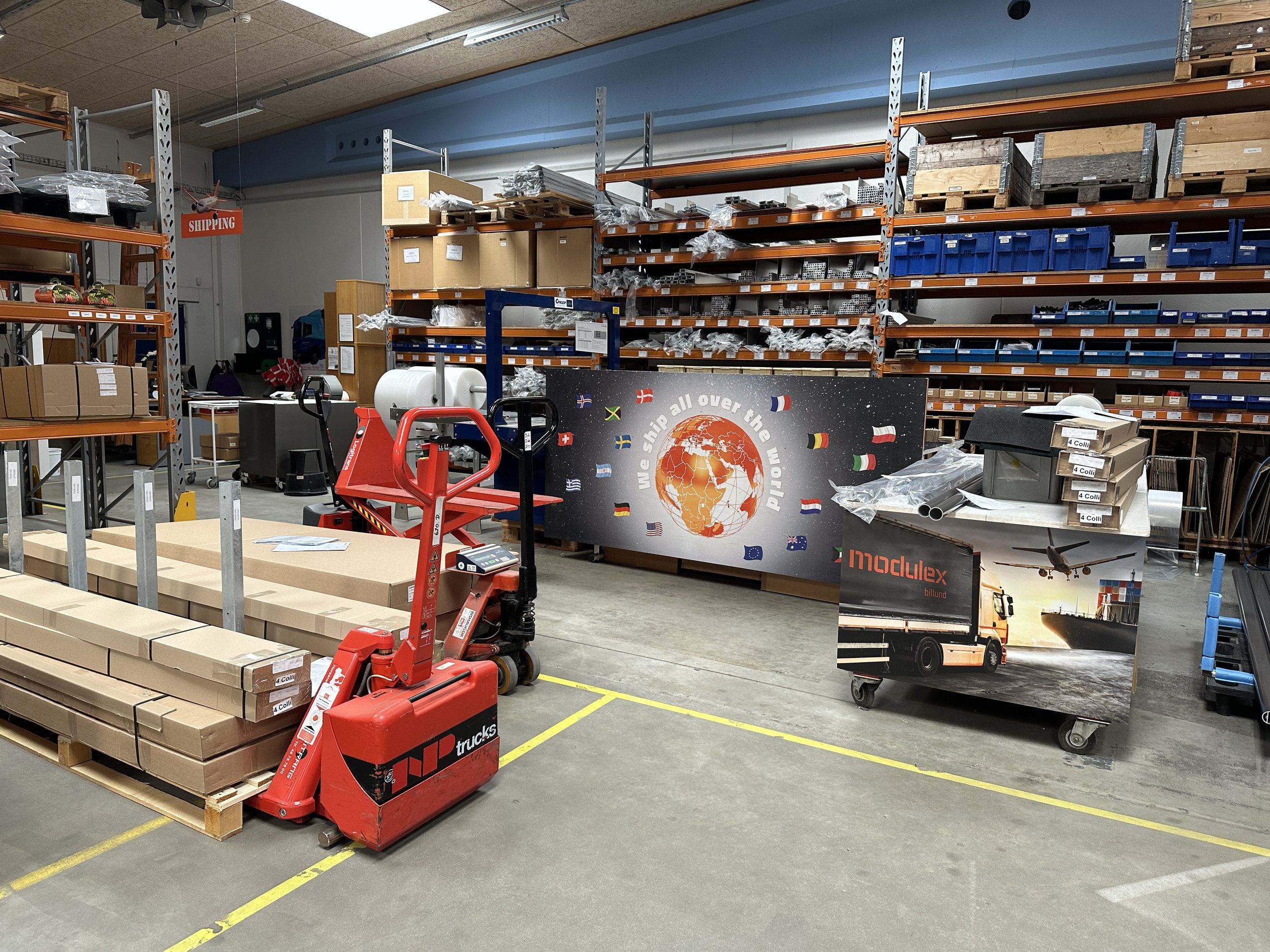
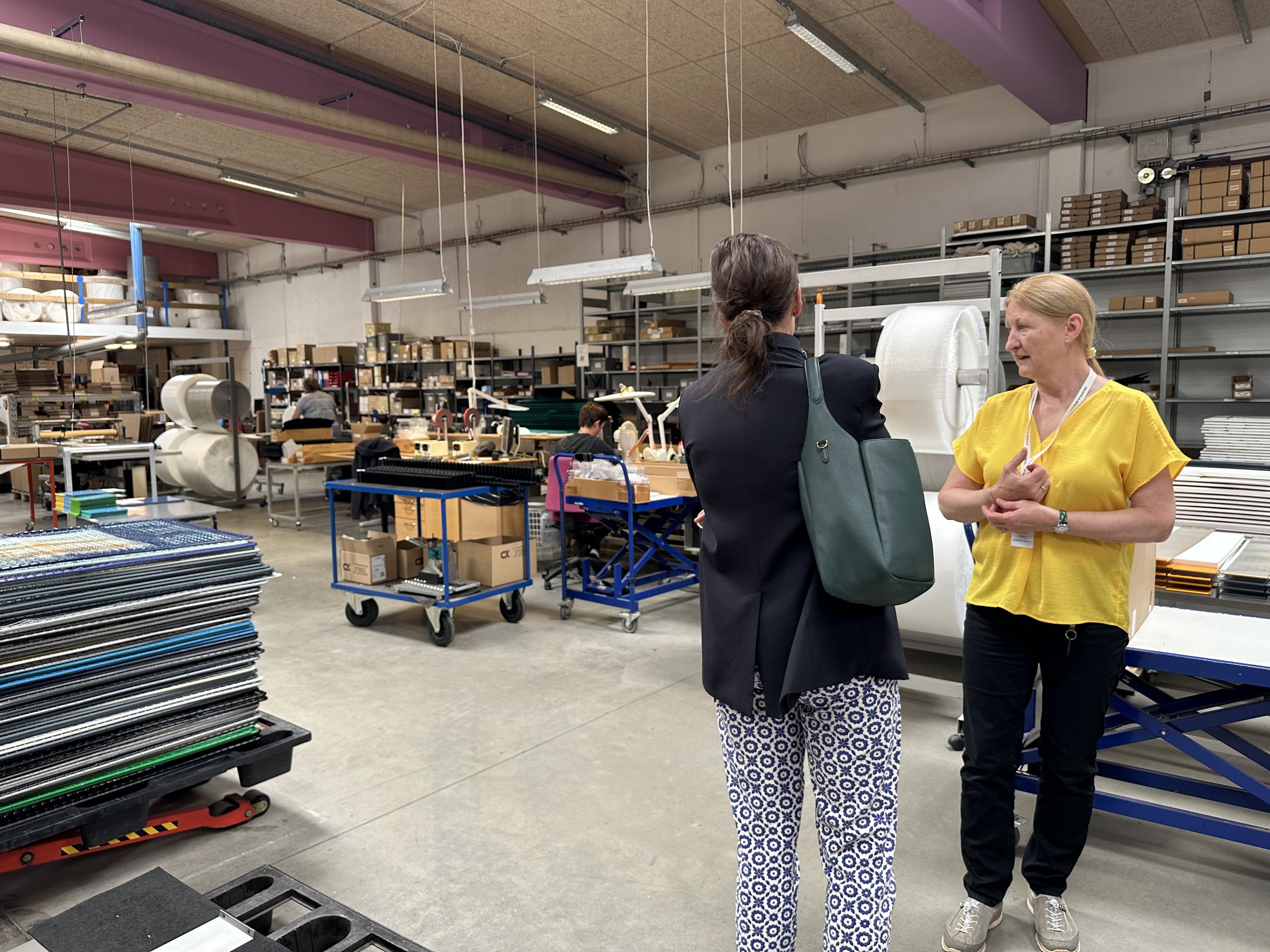
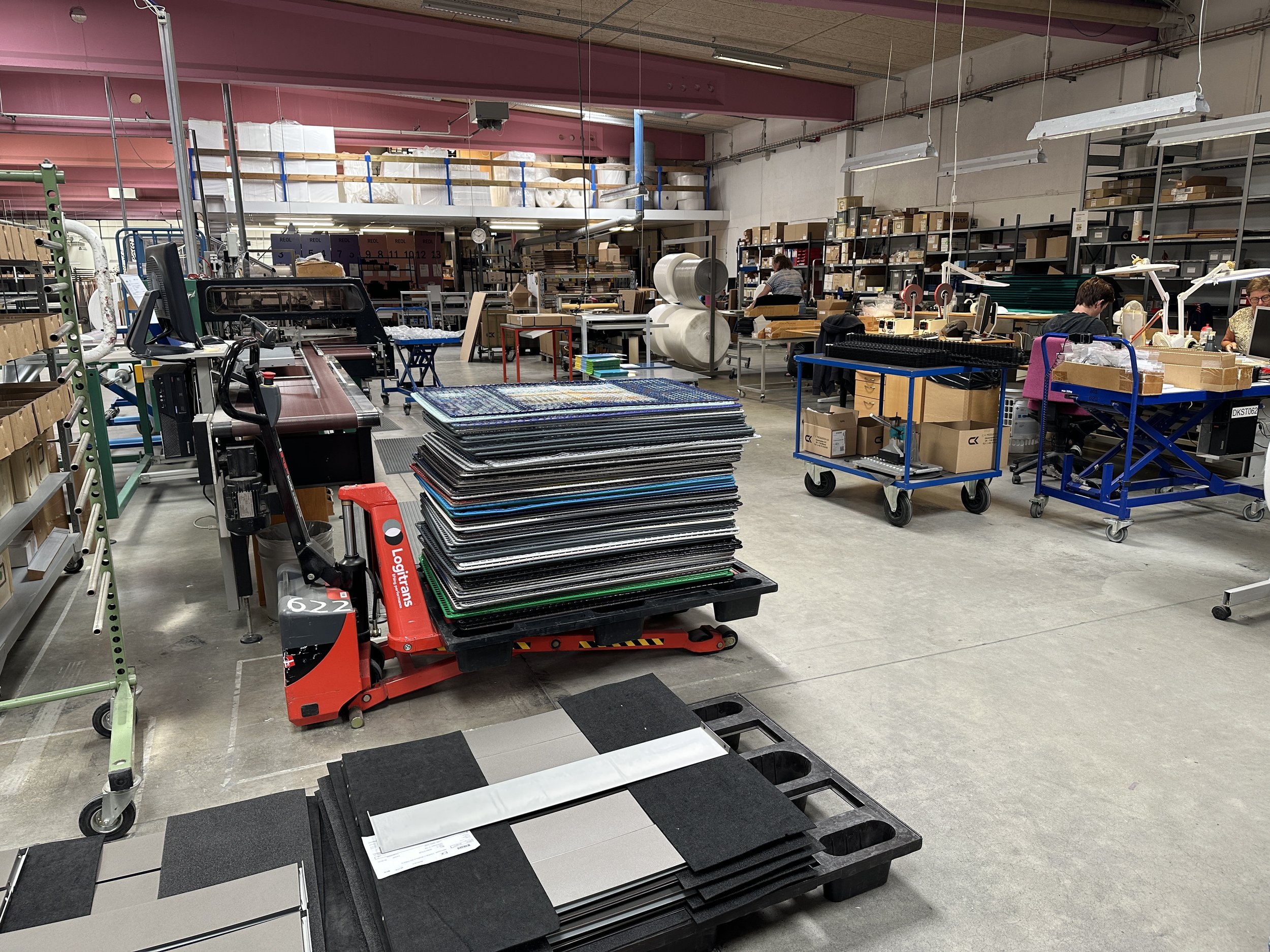
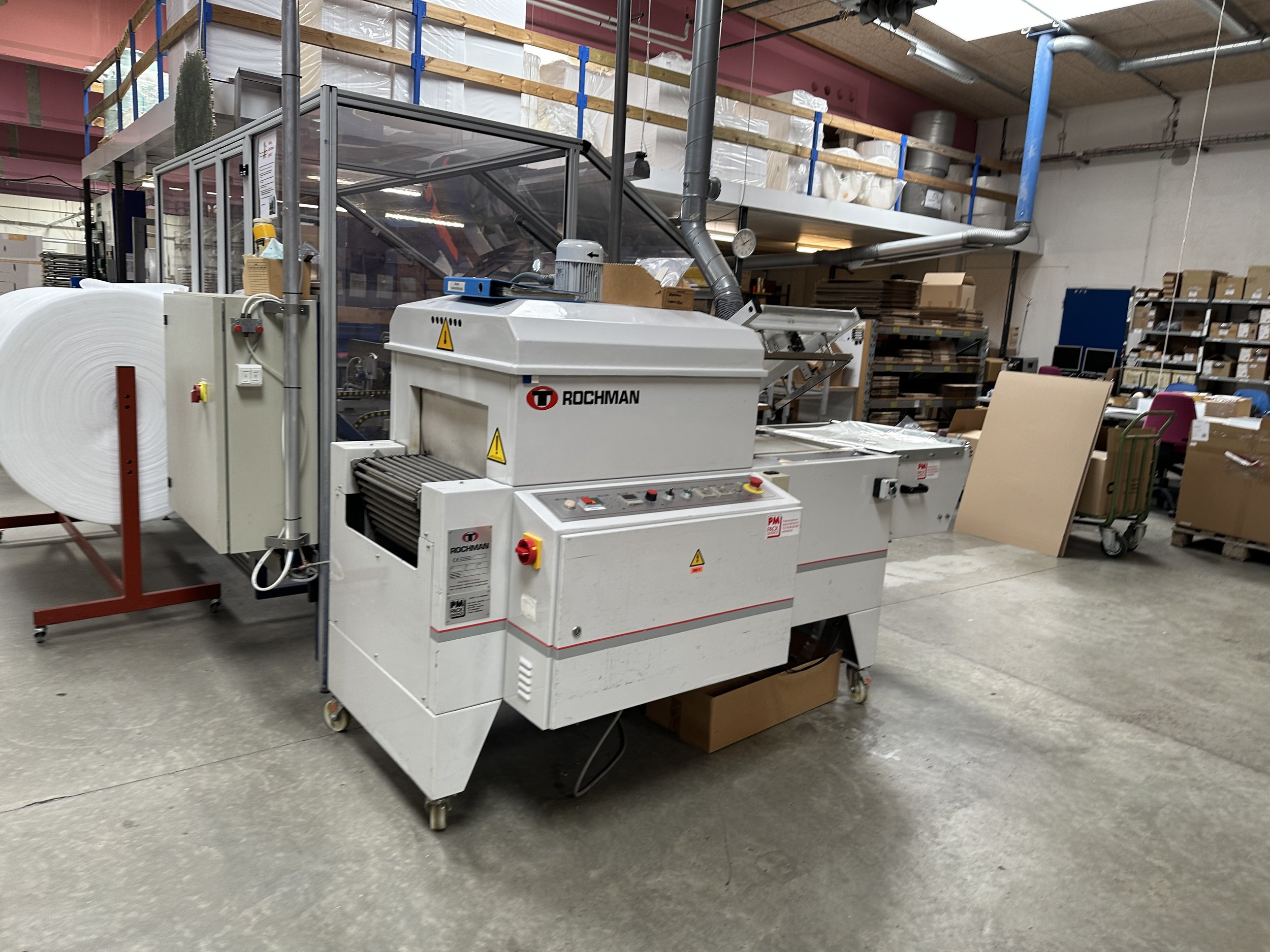
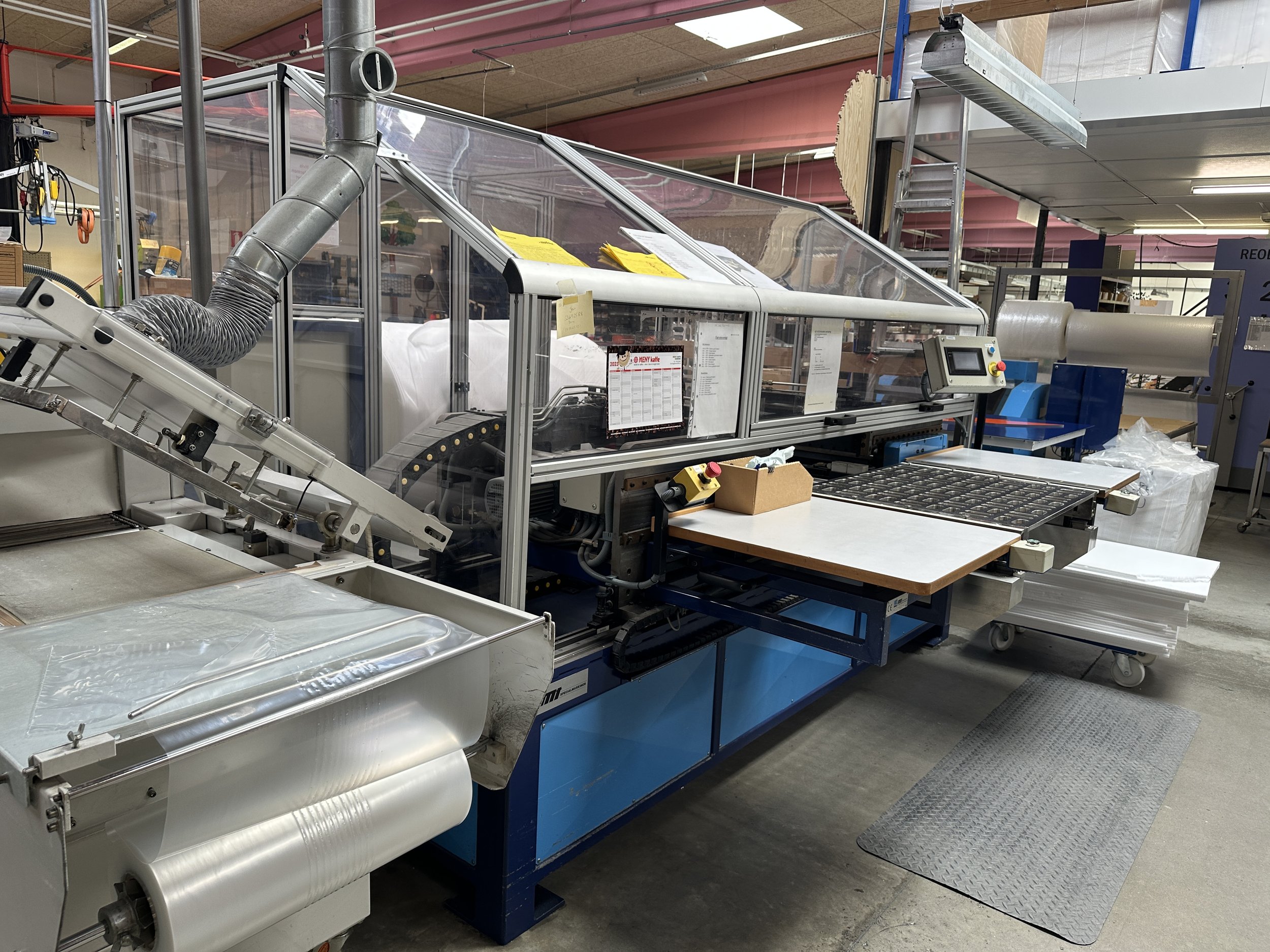
Do you have any Modulex in your LEGO collection? Let us know below in the comments!
Do you want to help BrickNerd continue publishing articles like this one? Become a top patron like Charlie Stephens, Marc & Liz Puleo, Paige Mueller, Rob Klingberg from Brickstuff, John & Joshua Hanlon from Beyond the Brick, Megan Lum, Andy Price, Lukas Kurth from StoneWars, Wayne Tyler, LeAnna Taylor, and Monica Innis to show your support, get early access, exclusive swag and more.



